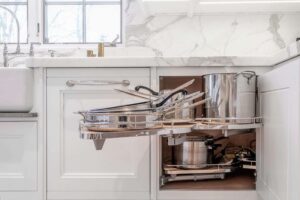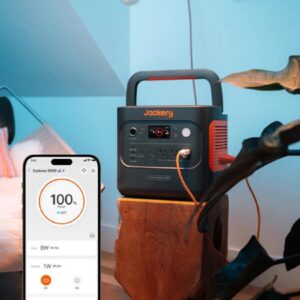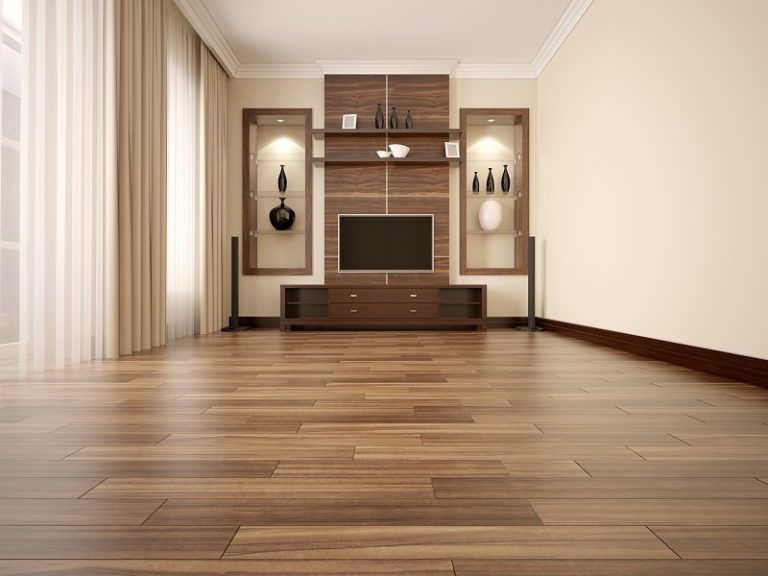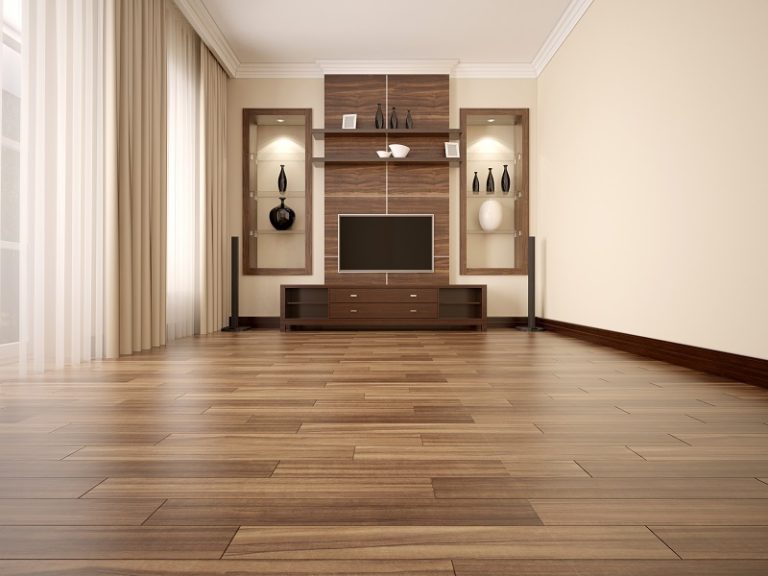Emergencies with plumbing are unpleasant, inconvenient, and messy. Your house might sustain significant damage from gallons of water before an emergency plumber shows up. Overflows, pipe breaks, and other accidents can be prevented, though. Here are some pointers for avoiding a plumbing emergency and maintaining the health of your home’s plumbing system.
Take Care When Drains
If you are not careful, utilizing a garbage disposal, sink, or toilet can easily clog the drain line. An overflow and potential pipe damage might result from a clogged drain which can only be solved by a plumber in Renton. To prevent a drain clog from becoming an emergency:
Grease, fats, and oils should not be poured down the sink as they can solidify and become sticky as they cool and draw in additional dirt according to plumbers.
Do not use drop-in toilet bowl cleansers or flush “flushable” wipes since they can become lodged in pipes. Furthermore, never flush items like tissues, power towels, baby wipes, wrappers, or feminine products.
Food scraps can be disposed of more easily using the disposal, but avoid adding hard objects like eggshells or bones, cooking oil or grease, or fibrous vegetables like celery or banana peels.
Guard Your Drains
To stop hair and other debris from clogging shower and bathtub drains, use strainers, and drain covers. In a drain line, hair, soap, and personal hygiene items can all combine to create a soggy mess that needs proper drain cleaning. A plumbing issue involving a clogged drain can be avoided by installing a strainer.
Check Often For Leaks
Call an emergency plumbing service, if there is any wetness or dripping near sink faucets or a valve, pipe connection, hose, or fitting. Leaks can also occur in dishwashers, washing machines, and refrigerators. Stainless steel reinforced appliance hoses are a better option than rubber ones since they are less likely to leak or break.
Plan Continual Plumbing Upkeep
You can avoid needing to call an emergency plumber by doing routine inspections. An inspector can handle problems with water heaters, low water pressure, clogged drains, poor drainage, and improperly flushing toilets. Professional plumbers can test and check plumbing systems with a variety of instruments. Additionally, they handle minor problems and even carry out some significant repairs or replacements using cutting-edge, non-invasive techniques.











+ There are no comments
Add yours